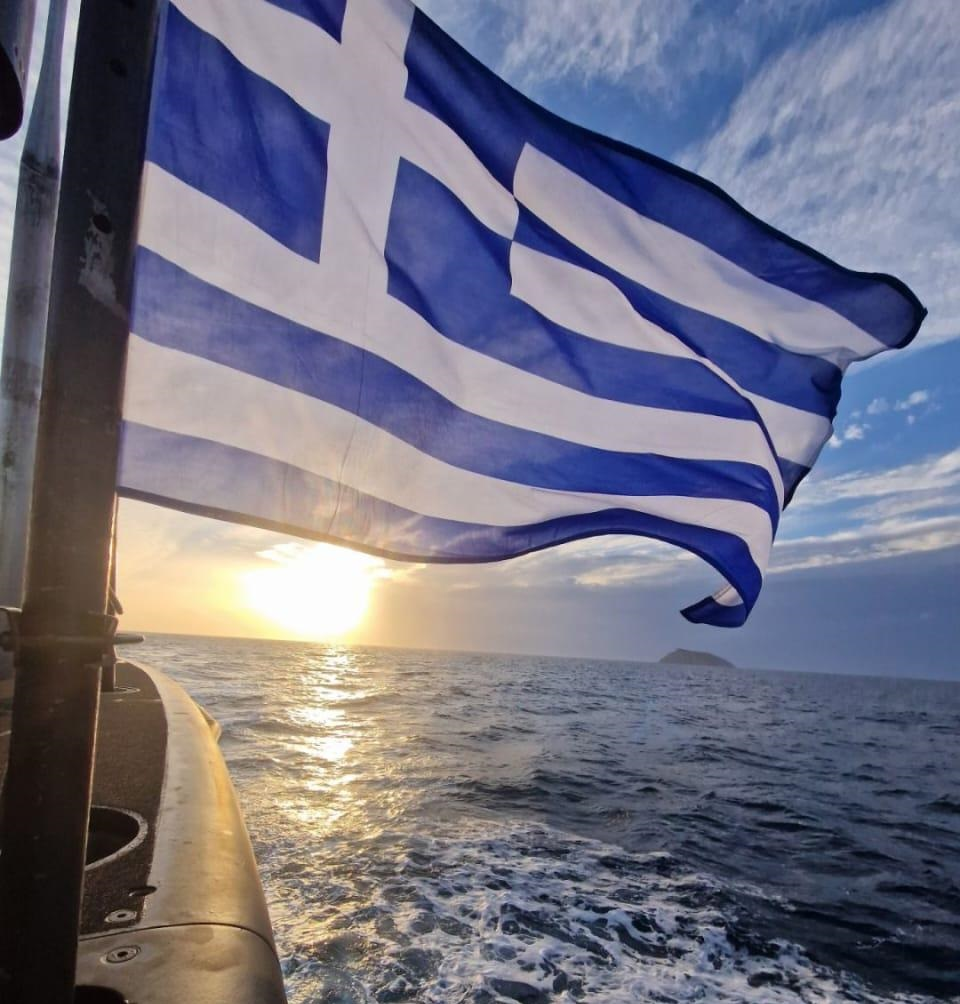The Greek fleet has 5,700 ocean-going ships, accounting for 20% of the global fleet and 61% of the EU fleet.

The two core pillars of the Greek fleet are diversification and integration. The 38th annual survey of the Greek Shipping Review, Naftiliaki (focusing on the Greek fleet with a deadweight tonnage of over 1 million, the so-called “Tonne Millionaires Club”) also fully reflects the integration and diversification characteristics of the Greek shipping industry.
As ship sizes continue to grow, the fleet sizes of Greece’s major shipowners have also expanded accordingly. In 2025, the Greek “Tonne Millionaires Club” comprised 78 shipping companies, unchanged from 2023 and 2020, highlighting the sustained development of the Greek fleet cluster—with new ship deliveries continuing, Greek shipowners remain key players in fleet renewal and remain active in the ship trading market.
According to records from Naftiliaki and market information, as of May, Greece had 78 shipping companies with fleets exceeding 1 million deadweight tons, operating a total of 3,324 ocean-going ships, a decrease of 78 ships from last year, with a total deadweight tonnage of 35.5 million tons, a decrease of 5.528 million deadweight tons from 2024. This year, four new companies joined the fleet, while four were removed from the “Tonne Millionaires Club” from 2024.
Greek shipowners are leaders in most areas of maritime transport, and in areas where they are not yet leaders (such as container ships), they are rapidly catching up with the leaders as they adapt to changes in political and commercial markets. Large shipowners are particularly well positioned to seize future opportunities.
Diversity remains a prominent feature of the list. Among the latest members of the “Tonne Millionaires Club”, the number of single-fleet operators has increased to 19, with 12 (unchanged from last year) operating only bulk carriers, 6 operating only tankers (an increase of 1 from last year), 1 operating gas carriers, and a few shipowners operating energy carriers, tankers, and gas carriers simultaneously.
Overall, the member companies of the “Tonne Millionaires Club” operate a total of 1,452 bulk carriers, 1,051 oil tankers, 450 container ships (21 companies), 164 LNG carriers, 90 LPG carriers, and 27 refrigerated ships (21 operated by Laskaridis Shipping).
Although there were minor adjustments among the top companies on the list, the Maran Group, led by Maria Angelicoussis, once again ranked first. The Maran Group has a fleet of 144 ships with a total deadweight tonnage of 26.993 million tons, an increase of three ships (728,000 deadweight tons) compared to 2024, to make up for the tonnage and ships lost in the previous year.
The Angelicoussis family has been at the top of the list since 2003, when it operated 46 ships with a total deadweight tonnage of 7.4 million tons. It has remained at the top of the list for 23 years.
In terms of deadweight tonnage, Angelicousiss/Maran Group leads with over 9 million deadweight tons; however, in terms of the number of ships, Star Bulk, a NASDAQ-listed company owned by Petros Pappas, ranks first with 164 ships, followed by Angeliki Frangou with 153 ships.
The four new companies to the 2025 list are Piraeus-based SeaGate/Bright Navigation/Neptune TradeBulk/Golden Star Ferries, ranked 44th; IMS, led by George and Marios Gialozoglou, ranked 57th; Niovis Shipping, backed by the Mavoroleon family, ranked 74th; and bulk carrier operator Minoa Marine, ranked 77th.
The four companies removed from the list are Target Marine / Horizon Tankers, founded by Commninos, ranked 53rd in 2024, up 10 places from 2023; Altomare / Smart Tankers, ranked 63rd in 2024; Angelakos (Greece), ranked 70th in 2024; and pure tanker operator United Overseas Management, which debuted on the list in 2023 at 74th place.


